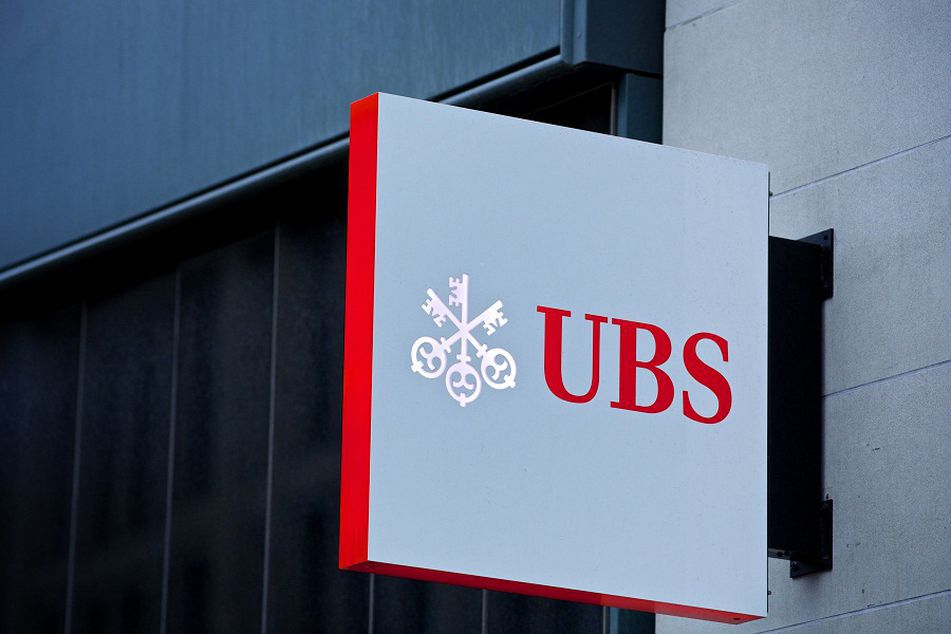
UBS to Acquire Credit Suisse for Over $2 Billion in Stock Deal Amid Financial Turmoil
The deal comes after Credit Suisse rejected a $1 billion purchase offer from UBS. The Swiss National Bank has agreed to lend UBS nearly $100 billion to finance the acquisition.
UBS, one of Switzerland's largest banks, is reportedly set to acquire its rival Credit Suisse in a stock deal worth more than $2 billion, according to the Financial Times. The proposed transaction represents a value of 0.5 Swiss francs per Credit Suisse share, compared to its closing price of 1.86 Swiss francs at the end of trading on Friday. The Swiss National Bank (SNB) has provided UBS with nearly $100 billion in capital to finance the acquisition, as per a separate report by the Wall Street Journal.
Credit Suisse, which has struggled with losses and scandals in recent times, had its worst week since the outbreak of the COVID-19 pandemic. Last week, the bank received a lifeline from the SNB, which agreed to lend it CHF 50 billion ($54 billion) to prevent it from collapsing. Despite this, customers continued to withdraw funds, with an estimated $10 billion being withdrawn each day, threatening the bank with insolvency.
The acquisition of Credit Suisse by UBS is expected to close soon. Under the new proposal, UBS will pay 0.5 Swiss francs per Credit Suisse share using UBS shares, whereas the original offer was 0.25 Swiss francs per share. The Swiss regulator is expected to allow the merger, even though it will reduce competition in the industry. Analysts suggest that this acquisition will contribute to the peace of the global financial system, which has experienced shocks in the past week and a half following the collapse of several sectorial banks.
UBS's balance sheet is about twice the size of Lehman Brothers, which collapsed in 2008, standing at $530 billion at the end of 2022, and it has many international branches. Therefore, the management of UBS and Credit Suisse following the acquisition will be critical. While Credit Suisse may have valuable businesses, such as wealth management in Asia and the Middle East, the acquisition could also lead to the purchase of less desirable units, such as Credit Suisse's troubled investment bank, which may harm UBS's current strategy and stability as perceived by investors.
The Credit Suisse acquisition is an interesting turn of events considering that only 15 years ago, during the global financial crisis of 2008, UBS needed significant aid from the Swiss government, while Credit Suisse refused government aid.
Read More
-
GPIQ ETF Price Forecast: Can a 10% Yield at $52 Survive the Next Nasdaq Selloff?
09.02.2026 · TradingNEWS ArchiveStocks
-
XRP ETF Price Forecast: XRPI at $8.32, XRPR at $11.86 as $44.95M Inflows Defy BTC and ETH Outflows
09.02.2026 · TradingNEWS ArchiveCrypto
-
Natural Gas Futures Price Forecast: Will The $3.00 Floor Hold After The $7 Winter Spike?
09.02.2026 · TradingNEWS ArchiveCommodities
-
Stock Market Today: Dow Back Under 50K While S&P 500 and Nasdaq Push Higher as Gold Reclaims $5,000
09.02.2026 · TradingNEWS ArchiveMarkets
-
USD/JPY Price Forecast: Can Bulls Clear 157.5 Without Triggering a 160 Intervention Line?
09.02.2026 · TradingNEWS ArchiveForex


















